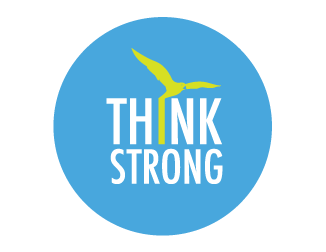Among adults, 44 per cent of those who had seen harmful content said they rarely or never report it, while 20 per cent said they always do.
Three-quarters of adults (76 per cent) said it was the was the responsibility of parents or guardians (76 per cent) and social media companies (74 per cent) to protect children on social media.
Some 83 per cent said they believed that social media companies have a responsibility to monitor for harmful content on social media, while 49 per cent said government also has a role.
Fuller version of these reports were first posted in the Telegraph under the heading of “Parents put toddlers mental health at risk” and Evening Standard under “British teens exposed to harmful social media”
If you feel you child maybe be struggling with homework, is spending long periods of time “locked away” in their bedroom and has excessive use of social media, feel free to come and discuss the situation. You are certainly not alone in struggling with these situations.
Teenagers and Social Media
Few parents today can say that they have never used a screen device to keep their children quiet. However there’s a difference in allowing your school-aged child to watch some TV for 20 minutes while making the dinner to handing them an iPad whenever it suits thereby allowing them free access to social media sites.
A new report by Barnardo’s highlights that children as young as two years old are having their having their their mental health put at risk. The report illustrates that 60 per cent of the frontline staff reported cases of under-fives regularly on social media platforms.
This had the effect of delaying children’s ability to talk, stunting social skills and diminishing their interest in other activities such as play, art and reading. It also exposed them to “inappropriate” images and the possibility of grooming by paedophiles.
Current recommendations are that children do not use use social media until they reach their 13th birthday. But with parents busy juggling the various demands of employment, childcare and housework, do we ensure our children are safe when they do go online, as in today’s world they inevitably will? Recommendations from the NSPCC suggest the following:
Keep talking
With so much of business now conducted online, access to the internet is necessary for around half of all homework set. Maintaining an open and ongoing dialogue with your children about which websites, social media sites and apps they are using is vital as well as trying to make internet use a family activity, not something they do on their own, hidden away in their bedroom
Educate your child about privacy and sharing
Children need to understand what constitutes personal information, the need to understand the difficulty of identifying other people online, and that people aren’t always who they say they are. Children should also be discouraged from giving away too much personal information in their usernames,
Teenagers and Harmful Content
Nearly half of British teenagers have said they have been exposed to harmful content on social media, but two-thirds did not report it, a survey has found. 95 per cent of 13 to 17-year-olds have a social media account, and 46 per cent of them have seen posts that they believe should not have been allowed, according to the study by the Chartered Institute of Marketing (CIM).
However, almost two-thirds of teenagers (62 per cent) who believe they have seen harmful content say they rarely or never report these posts, with just 7 per cent saying they always do.
Some 66 per cent said that seeing harmful posts would not make them want to delete their account, while 53 per cent said it would not put them off signing up for an account in the first place.
Useful Links

